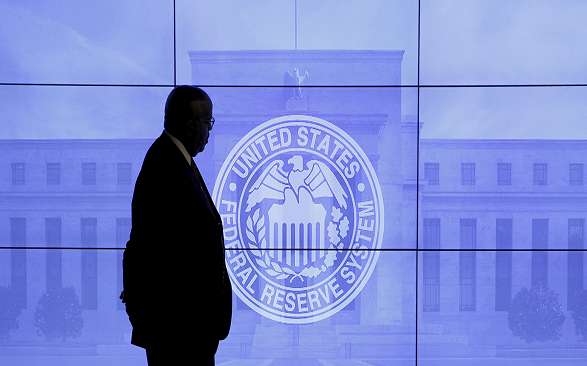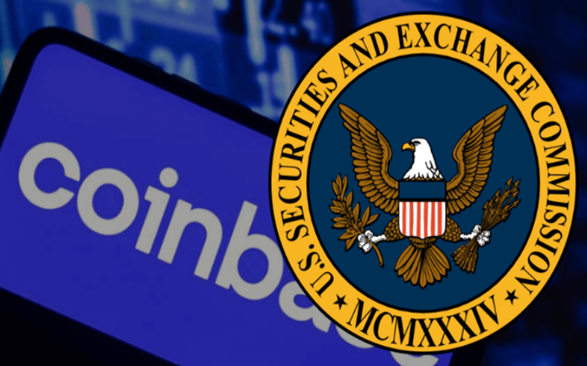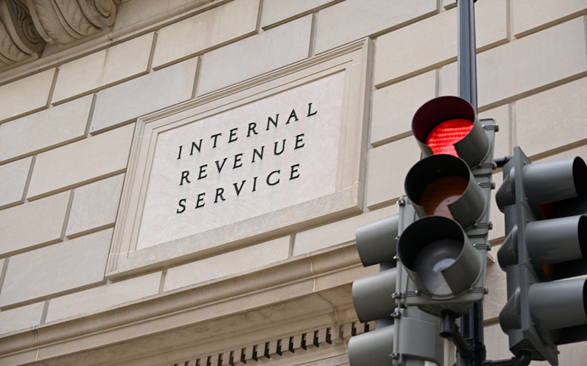Jude Ayua, Associate, Crypto Policy
There is unending debate about government surveillance, especially in the U.S. The FedNow Service, a new instant payment infrastructure developed by the Federal Reserve that allows financial institutions of every size across the U.S. to provide safe and efficient instant payment services, has become a cause for concern for skeptics. Skeptics of the FedNow Service such as Robert F. Kennedy Jr., fear that it could, among other concerns, give the U.S. government increased access to “surveil all our private financial affairs.”
The Federal Reserve believes FedNow is the way to go.
The Federal Reserve Bank (FRB, the Bank) announced the launch of its digital payments system, FedNow, come July 2023. Officials have hailed its potential to improve the U.S. payment services. Ken Montgomery, first vice president of the FRB of Boston and FedNow program executive, noted, “[W]e couldn’t be more excited about the forthcoming FedNow launch, which will enable every participating financial institution, the smallest to the largest and from all corners of the country, to offer a modern instant payment solution.”
“With the FedNow Service, the Federal Reserve is creating a leading-edge payments system that is resilient, adaptive and accessible,” said Tom Barkin, president of the Federal Reserve Bank of Richmond and FedNow Program executive sponsor. “The launch reflects an important milestone in the journey to support financial institutions [that] serve customer needs for instant payments to better support nearly every aspect of our economy,” Barkin added.
Concerns over possible government surveillance through FedNow
The possibility of increased government surveillance of private financial affairs following the FedNow’s introduction of a Central Bank Digital Currency (CBDC), however, remains a concern, notwithstanding its potential to improve accessibility in payment systems. Other concerns, according to Kennedy Jr., include the fears of the FRB like other countries’ central banks having the power to enforce dollar limits on transactions and restricting where and when money can be spent, given the absence of transactional anonymity; likelihood of governments to freeze assets of vendors who do not comply with specific mandates, such as vaccine requirements. In a Tweet on April 10, 2023, Kennedy Jr. alleged the government’s plan to “crackdown” on cryptocurrencies, stating clearly that “…CBDCs are the ultimate mechanisms for social surveillance and control.”
Contrary to these claims, however, others are optimistic about the possibility of CBDCs. Dr. Alondra Nelson, Alexander Macgillivray, both of the White House Office of Science and Technology Policy, and Nik Marda, Policy Advisor, noted in 2022, “If the U.S. pursued a CBDC, there could be many possible benefits, such as facilitating efficient and low-cost transactions, fostering greater access to the financial system, boosting economic growth, and supporting the continued centrality of the U.S. within the international financial system.” It has also been reported that “[g]overnments appear to seek to capitalize on crises like banking instability.” Consequently, “they are promoting CBDCs as safe alternatives to paper currencies and a means of protection against bank runs.”
The dentralized currency, bitcoin, as a protection against government surveillance
In light of the concerns about government surveillance through CBDCs, or a payment system like the U.S. FedNow, bitcoin has been predicted to better protect against such surveillance, given its “decentralized nature and censorship resistance… that can empower individuals and protect their financial privacy.” The key attributes of Bitcoin that differentiates it from centralized currency, including financial sovereignty, privacy, borderless transactions, relative resistance to inflation, and especially its decentralized nature, ensures its security and resilience against cyber-attacks and system failures in contrast to centralized systems like CBDCs, which could be more vulnerable to attacks or technical failures.
In response to the question about launching a CBDC and the concerns about it eliminating any form of currency including crypto, the Federal Reserve Bank stated that “FedNow is not related to a digital currency. FedNow is a payments service the Federal Reserve is making available for banks and credit unions to transfer funds. It is like other Federal Reserve payments services, such as Fedwire and FedACH. The FedNow Service is neither a form of currency nor a step toward eliminating any form of payment, including cash.”
Credit: Jude Ayua
Jude, a writer and lawyer, is Associate, Crypto Policy, at Crypto Asset Buyer (CAB).
Discover more from Crypto Asset Buyer
Subscribe to get the latest posts sent to your email.




